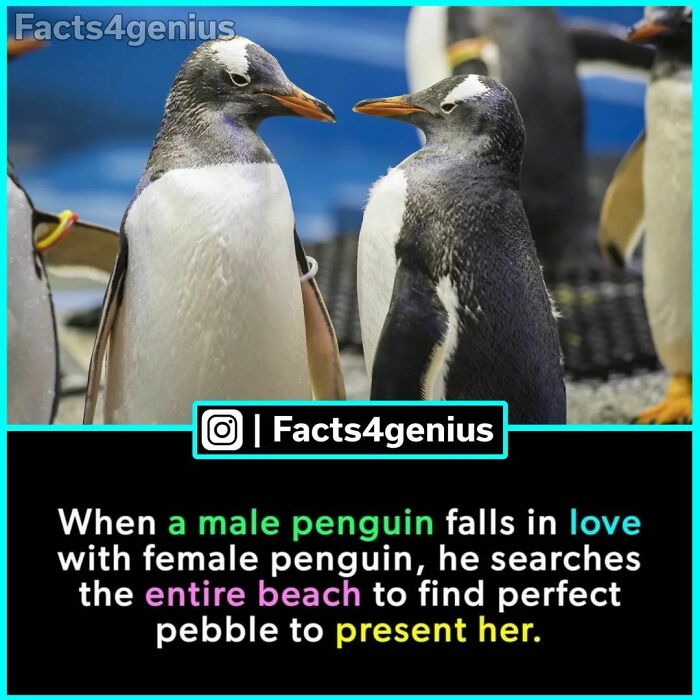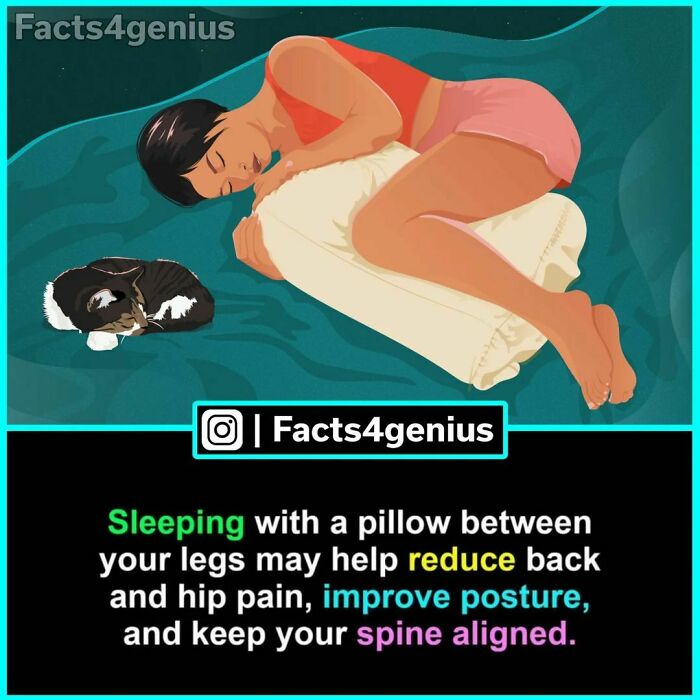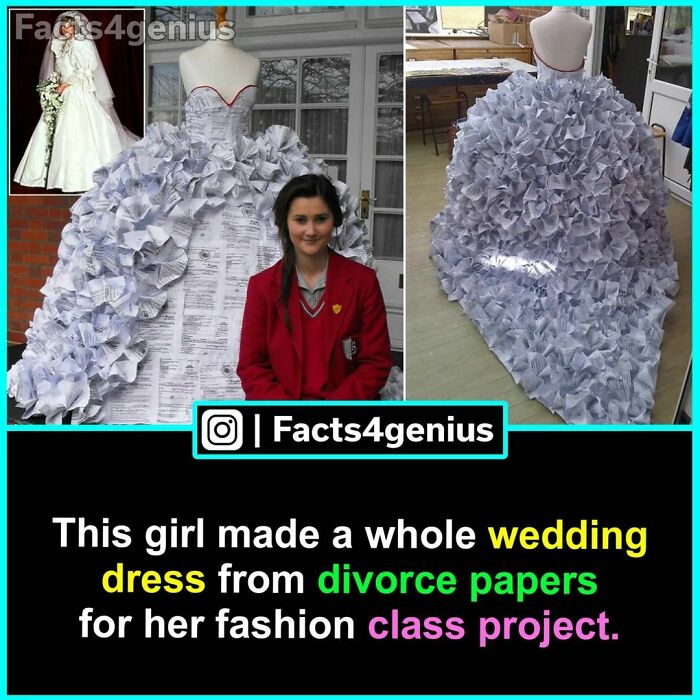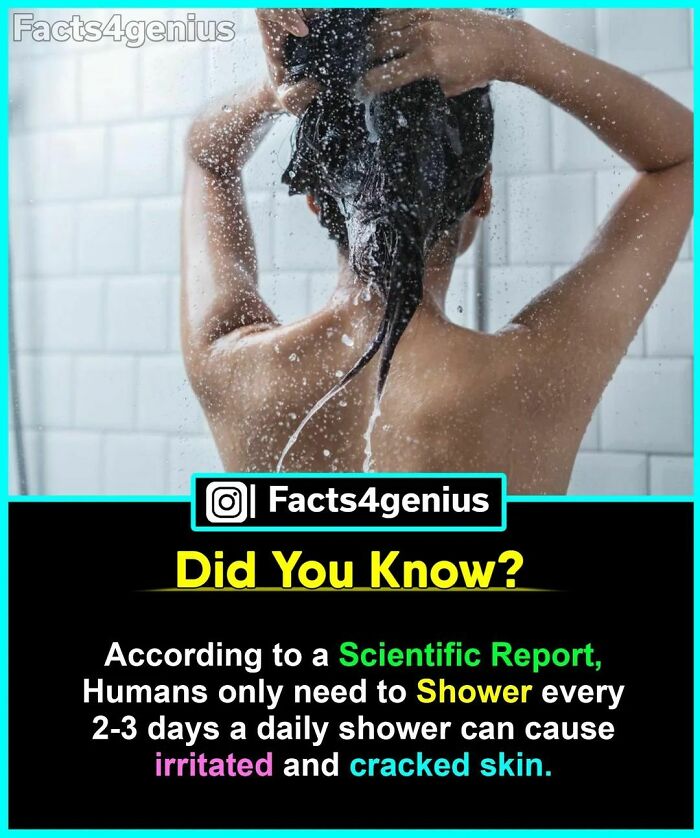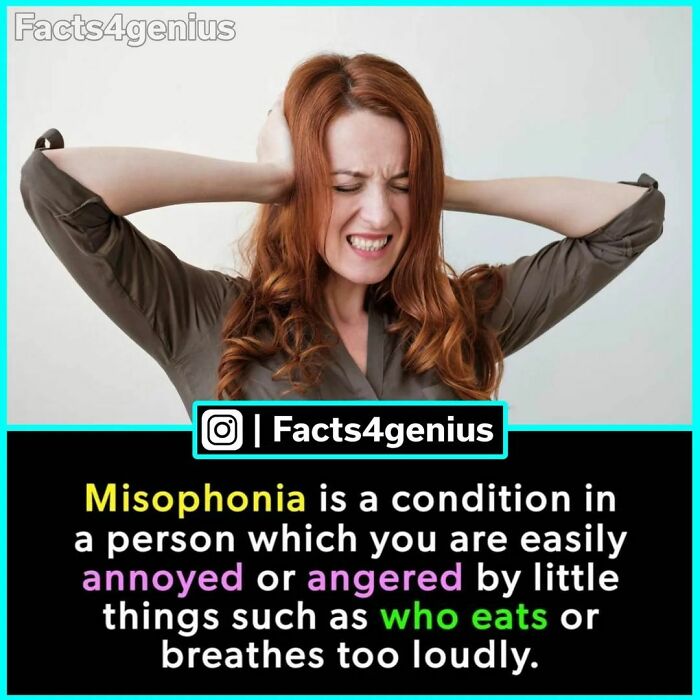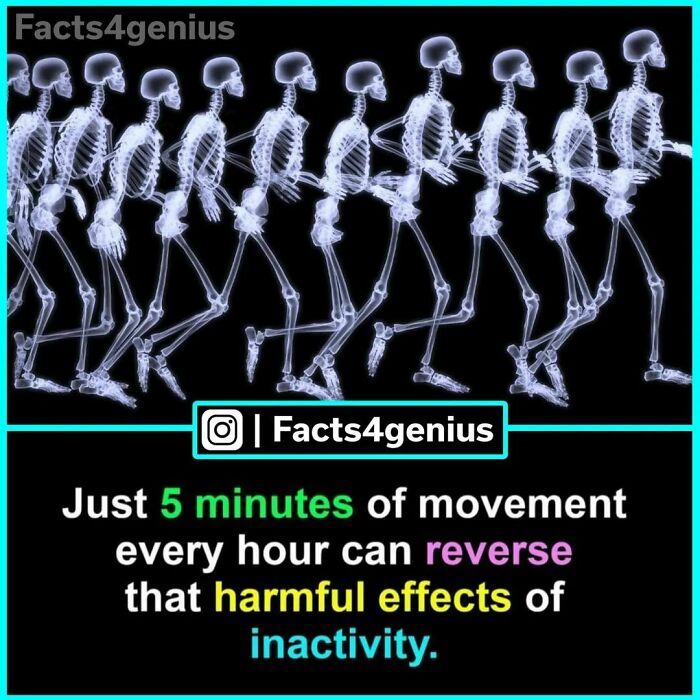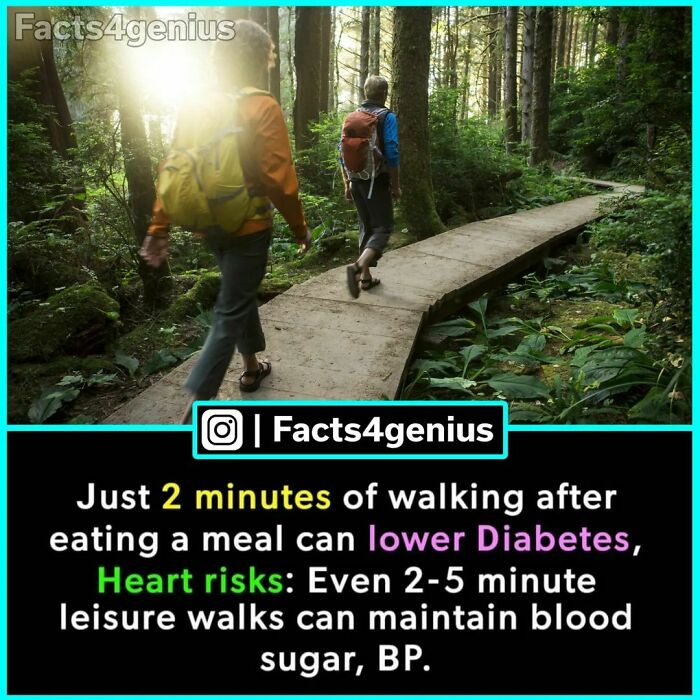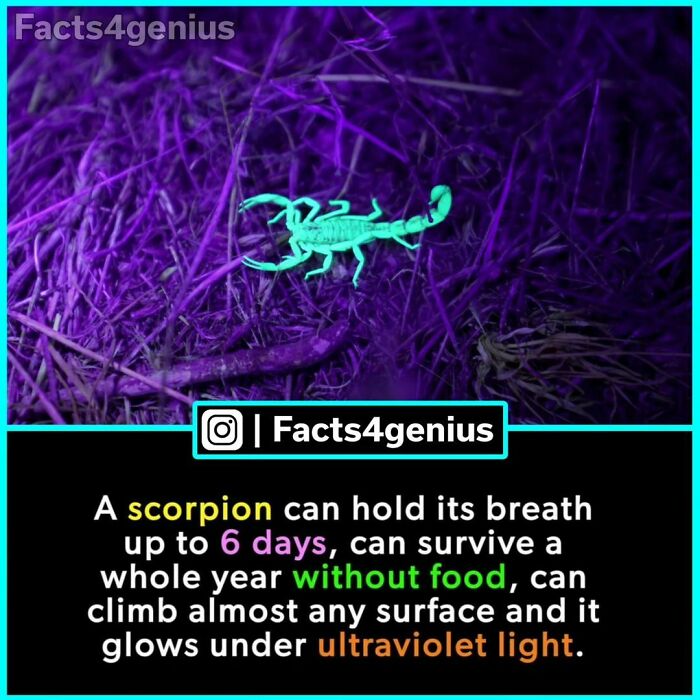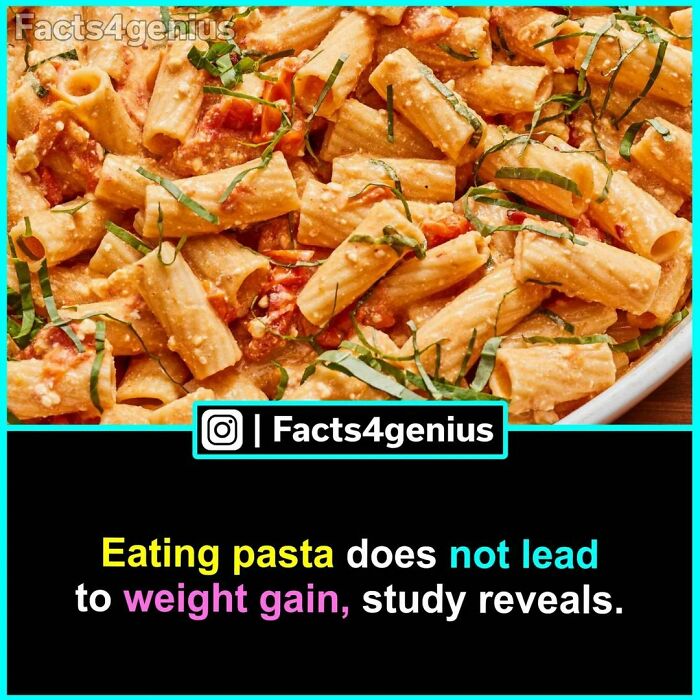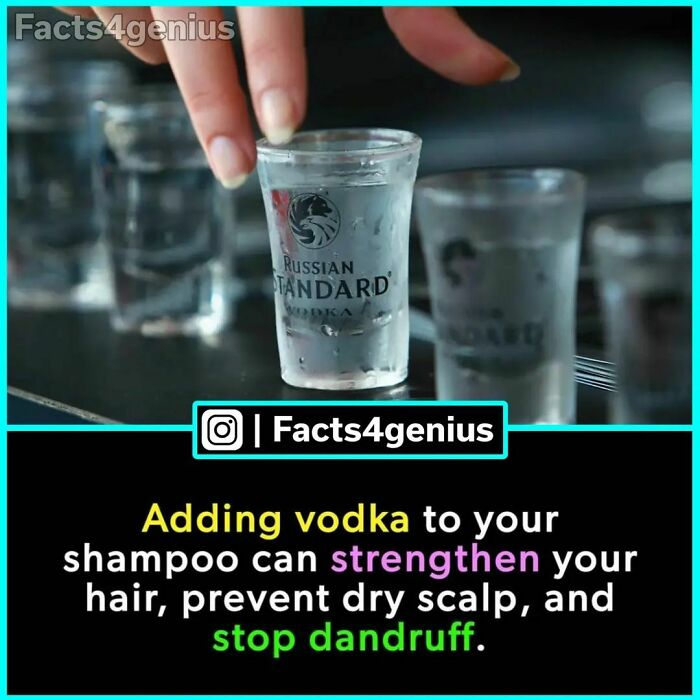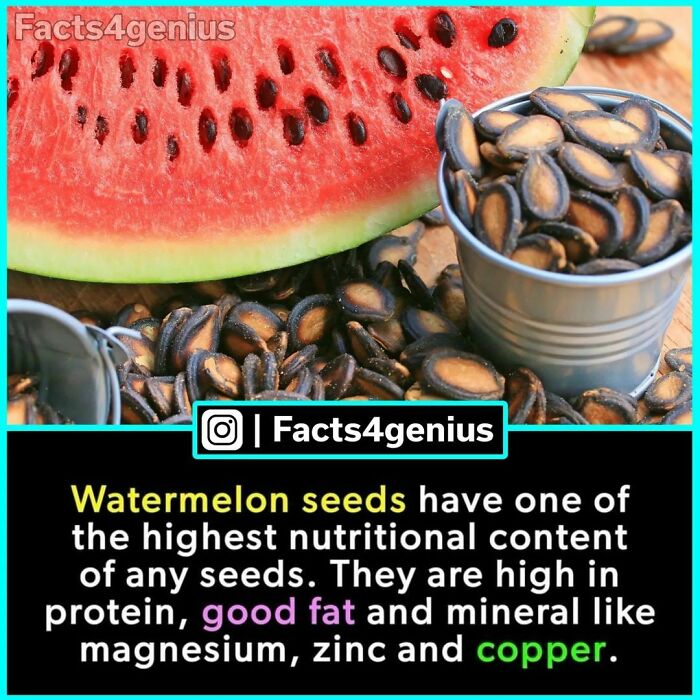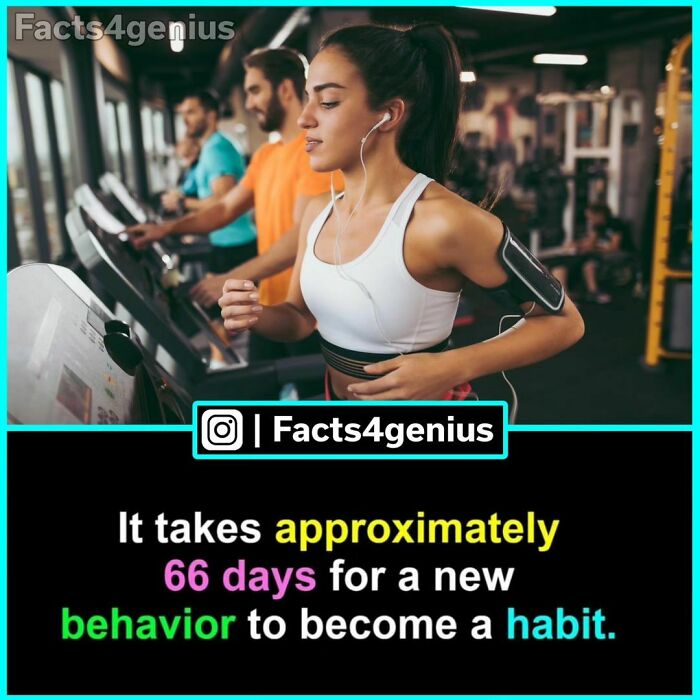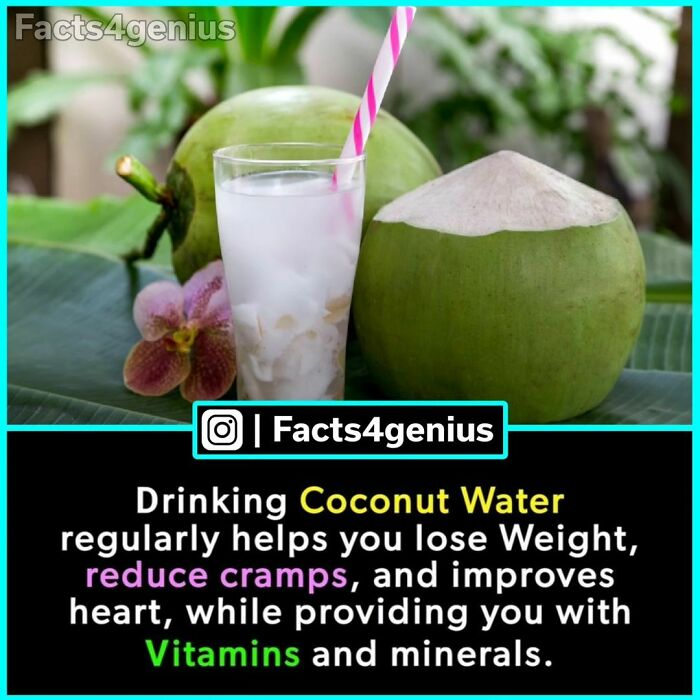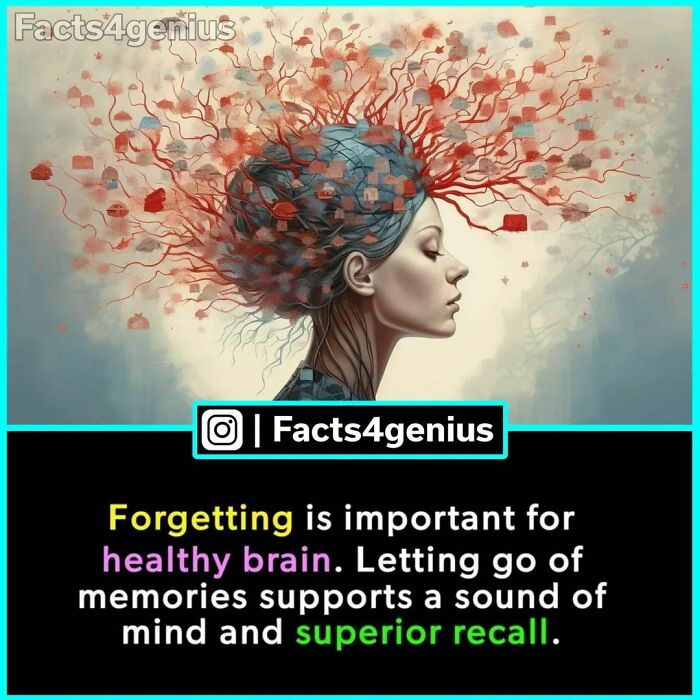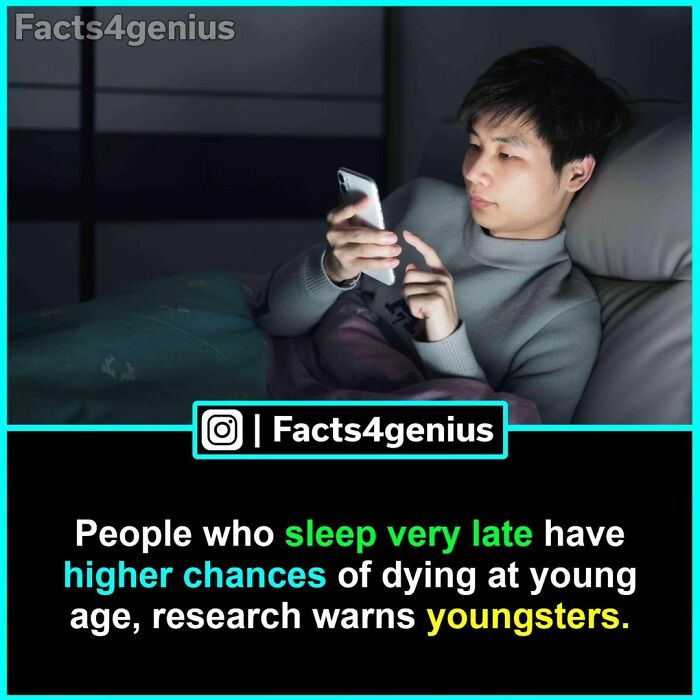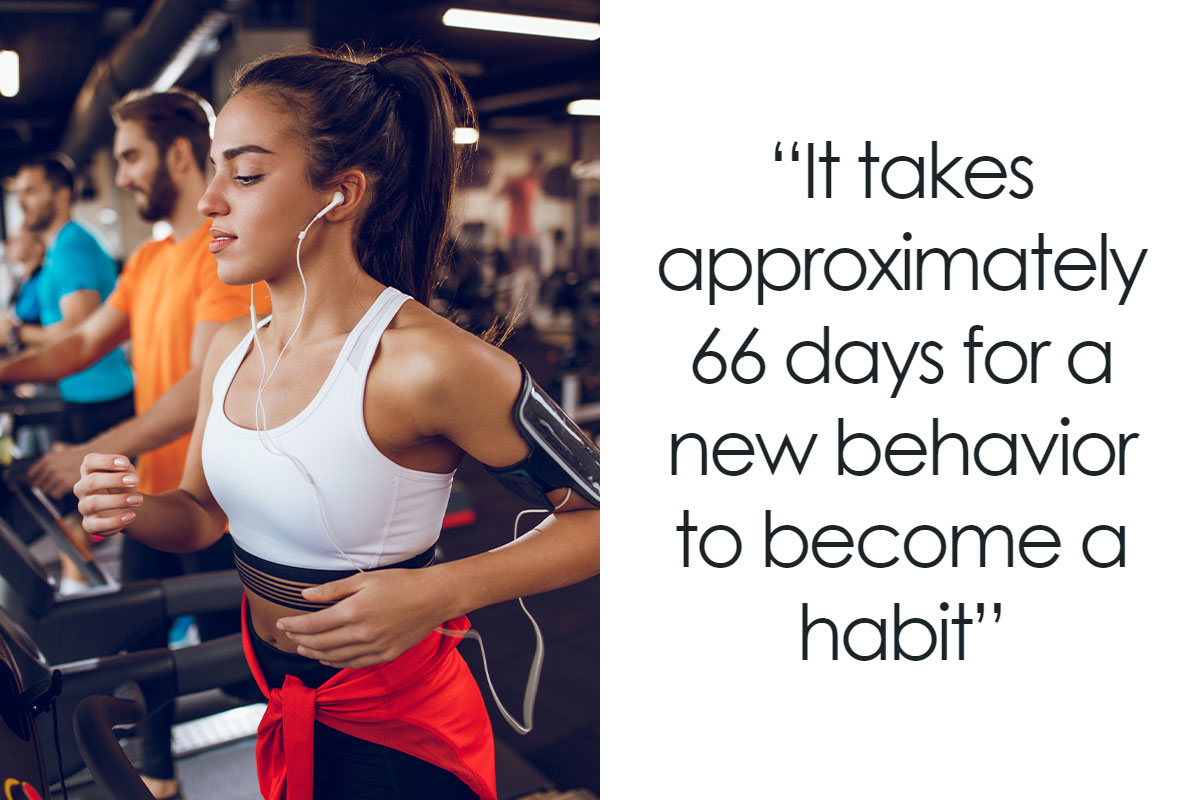
“Did You Know?”: 30 Of The Most Interesting Random Facts About Everything And Anything
Interview With AuthorDid you know, Pandas, that male penguins scour an entire beach looking for the prettiest pebble to present to their future mate? That's one piece of super wholesome trivia that I learned from this page. And it's fun learning online, isn't it? Maybe it's nothing new to some, but a 2020 study revealed that 91% of learners value fun in learning.
Scrolling through Instagram certainly beats sitting in a classroom. It can be a fun way to learn some simple facts. So the page we're featuring today is Facts For Genius, and they share all kinds of fun facts for the curious. Want to impress your friends or colleagues at your next trivia night? Scroll down and see some inspiration below!
Bored Panda reached out to the people behind the page, and they were kind enough to have a chat with us. Read our short conversation with the creator below!
This post may include affiliate links.
The page Facts For Genius has a whopping one million followers and posts daily interesting facts for its followers. One of the people behind the page tells Bored Panda that it's actually a three-person project. The creators also have big plans to expand to other social media platforms. They didn't reveal any specific plans yet, but their format of bite-sized pieces of useful and interesting information would definitely do well on TikTok!
The creators think that the best aspect of their page is that people can learn something new in a fun way. "Our audience gains exposure to a wealth of unique information that extends beyond conventional learning offered in schools," they told Bored Panda. "This includes fascinating and amusing details and unusual facts, elevating their knowledge through an entertaining approach."
They also shared one fact they found especially captivating through their years as curators of this page. In 1963, 16-year-old Bruce McAllister mailed letters to 150 authors to prove to his English teacher that there was no conscious symbolism in their works. 75 writers responded, among whom were Jack Kerouac ("No."), Isaac Asimov ("Heavens, no!"), Ray Bradbury ("The best symbolism is always unsuspected and natural."), and Ayn Rand ("Your questions do not make sense.").
Currently number 14 and our first ACTUAL FACT! I'm gonna upvote.
We like to learn facts, especially when they're about cute animals, our health, or our everyday lives. These bite-sized snippets of information come from research and scientific studies. For example, I honestly wanted to believe the TikToks that swore rosemary oil/water would help my hair start growing faster. They even said it's 'scientifically proven!'
However, even if you read something in a 'scientific study,' it doesn't automatically make it an undeniable truth. Those of us who are not researchers might think that there's a good checks and balances system in the scientific publishing world. But the reality is not as black and white as we'd like to imagine.
"Maybe the" 42° celcius in Kerala last summer and no AC in school explains it all...
I'll bet one reason for this is because of the financial stress it adds to their first few years of marriage.
In 2014, the blogger behind the chemistry site Compound Interest, Andy Brunning, created a pretty comprehensive chart that lists some flaws that might help to spot 'bad science.' He mentions 12 points that might help evaluate whether that science news article you just read is for real or might be bogus.
The first thing we can do, according to him, is look at the headlines. Articles with titles that seem sensationalized or clickbaity should immediately raise suspicion. News articles sometimes might misrepresent the findings of scientific research. Brunning recommends checking out the scientific article and not always trusting the news article blindly.
I think this may be true DEPENDING on the person and lifestyle. There are people who sweats a lot. Also if you work making physical labor or in a very hot place you may need to shower daily. Also it makes sense that if you shower daily you need to take care of your skin and hidratate it more.
In some cases, companies employ scientists to carry out studies or invest in their research and development. It's always useful to check if there's no conflict of interest between the researchers and the investors, as the results might get misrepresented for personal or financial gain.
I have a friend that had terrible skin- acne, and pustules all over her face. She asked me once how my skin is so good. I told her I go to bed early and cry. I was telling the truth (I cry a lot) but I said it like a joke. She told me she never cries and she would try that. Her skin cleared up within a year.
WTF? It's not being annoyed by "little things", its a reaction to noises human body makes
Now let's get into the more technical side of the studies. Brunning points out that research where the sample size is bigger tends to "give more representative results." What's more, the sample of participants should represent a bigger portion of the population. There should also be a control group – a number of participants that do not receive a substance, treatment, etc.
A hug for more than three seconds feels very weird unless it's with your partner.
My word, so the remedy for inactivity is…activity! Who would have thought?
Then we have to think about the reporting of the results. Good research shouldn't cherry-pick results to support a hypothesis. So the scientists should include all results, even if they don't support the claims they made before conducting the research. Other researchers should also be able to replicate the same results. If there is something only one lab has discovered and no one has been able to replicate it since – something might be fishy there.
Wow, I must make Stephen Hawking look like a moron then.
It took me a sec to realise that last BP was blood pressure, and not an oddly direct message toward all us pandas 😅
There are many species of scorpions and only SOME of them exhibit this behavior.
Some of us might have seen the phrase 'peer-reviewed' when we've checked scientific articles. When a study is peer-reviewed, it means that other scientists have reviewed and critiqued it. And while such articles can be more trustworthy and of higher quality, the process isn't perfect and this fact doesn't make the research irrefutable.
Surely, just like any other food, it depends on how much you eat and other factors in your lifestyle?
Sounds like a waste of vodka. Good way to kill off hair lice though.
Well, obviously. We’re not friends, we’re *best* friends! 😁 Having said that, a lot of these aren’t phrased too well, are they?
Dr. Michelle Wong, chemistry Ph.D., science educator, and cosmetic chemist explained the flaws in the aforementioned rosemary-helps-hair-growth study that many social media influencers cited as evidence in a recent video. She also explained in more detail how peer-reviewed studies work and how we as consumers (of media and products) can spot bad science.
Wong points out some problems with peer-reviewed studies in one of her videos. Not all topics get much attention in the science world. Papers published in fields such as epidemiology, genetics, climate change, or artificial intelligence get the most attention nowadays. Naturally, there's less scrutiny for less popular topics. Not a lot of scientists are discussing and critiquing the studies in less popular fields; thus, that research can be less reliable.
The other problem is that peer reviewing is voluntary, unrewarding work. Scientists don't get paid for reviewing (especially reviewing well) new research. It's anonymous and variable, Wong points out, so the quality can vary. Sometimes peer reviewers might not read the paper as closely if they know it might not get a lot of attention in the future.
Not drinking coconut water in a place where coconuts don't grow naturally helps to not deteriorate your carbon footprint. (Edit: grammar)
Yes, I forgot what I studied the night before and now I failed my exam but at least my brain is somewhat healthy /s
Every teen I knew slept late during the summer. None died young. This sounds bogus.
Note: this post originally had 54 images. It’s been shortened to the top 30 images based on user votes.
Lastly, peer reviewers aren't safe from personal bias. When a paper has a well-known author or one that comes from a prestigious institution, peer reviewers might not give it much scrutiny. "It's actually a really well-known hack for getting papers published quickly with minimal revisions – just stick a well-known author on there," Wong explains.
Michelle also gives tips on how to spot bad science (never trust an abstract!), so be sure to check out her video if you're interested!

Poll Question
Thanks! Check out the results:
Shame on BP for publishing this garbage. There's a few actual things but there's a ton of pseudo science BS. They need to fact check or delete this whole thing.
I'm not sure that a lot of these even qualify as pseudo science.
Load More Replies...Shame on BP for publishing this garbage. There's a few actual things but there's a ton of pseudo science BS. They need to fact check or delete this whole thing.
I'm not sure that a lot of these even qualify as pseudo science.
Load More Replies...

